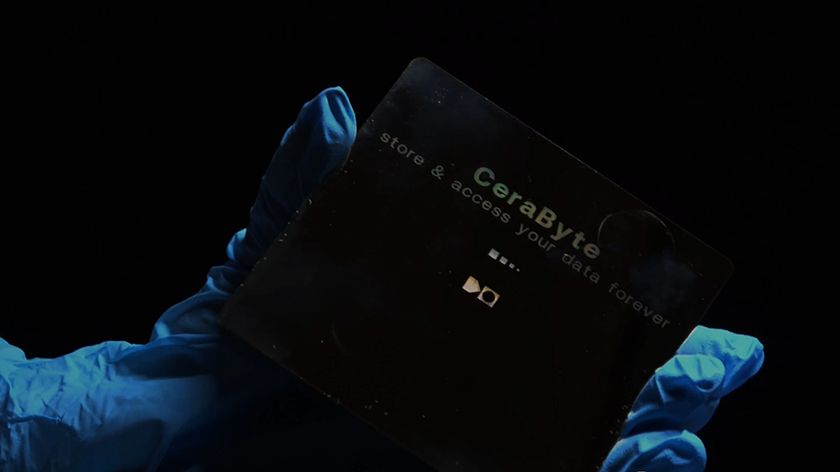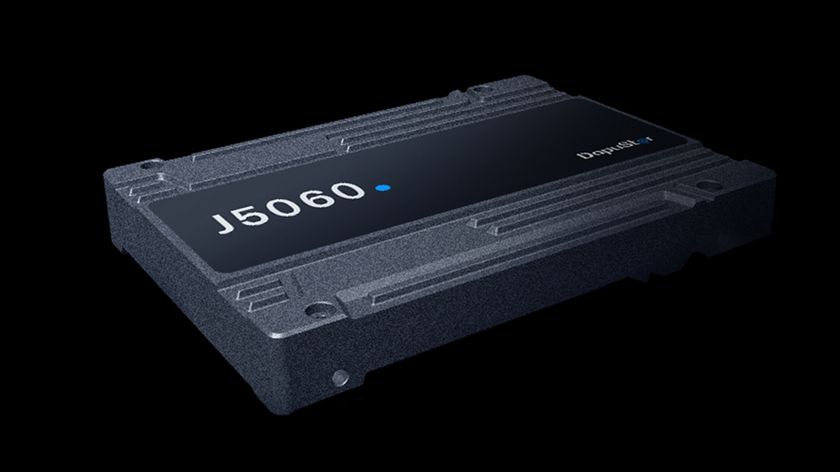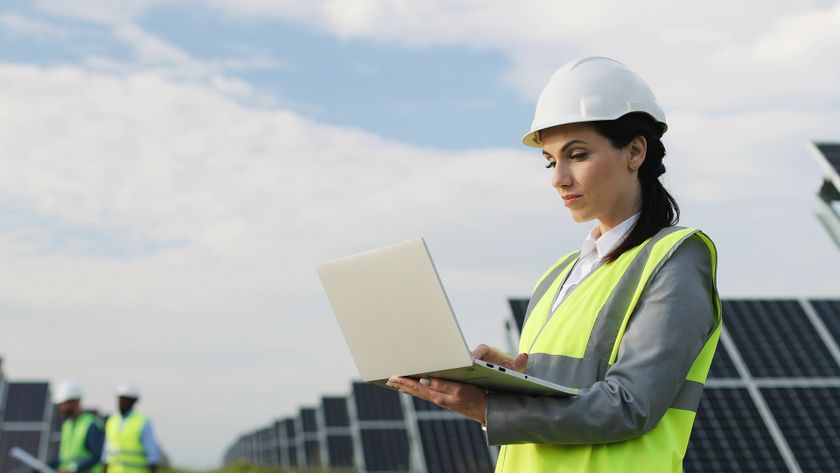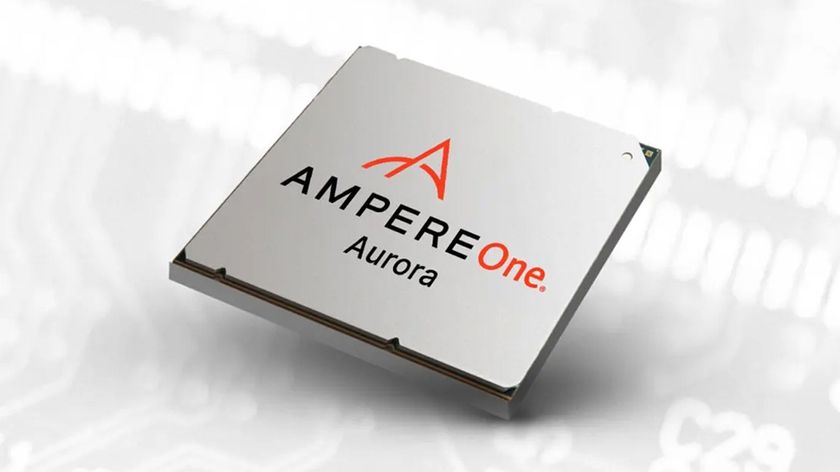How can you use a phone if you can't see?
The other side of the smartphone boom
The functionality isn't as great as it could be just yet, but that's more to do with the limitations of modern technology. For instance, voice recognition isn't going to be any use beyond basic requests, and some feedback was erratic, which led to confusion as to how to reset and start again.
But, as Screenreader co-founder Roger Wilson-Hinds told us, if you compare this to similar systems to open up gadgetry to the visually impaired from just five years ago, this is a huge step up in performance for a fraction of the price.
The price is shocking at first: £149 for the standard app, plus £24.99 for each additional pack, which adds in visual recognition, audio feedback and travel upgrades. That's £225 before even buying an Android phone to run Georgie on.
But similar systems from just two years ago cost many thousands of pounds, and didn't have anywhere near as many features; that's when you have to start wondering why such things aren't being developed at a faster rate by bigger brands.
The service is being promoted on existing Samsung phones like the Samsung XCover and Galaxy Ace 2, picked specifically to be easy to use for blind users - although the option to shell out £500 for a Samsung Galaxy S3 is an option too.
Glenn Tookey, CEO of Sight and Sound Technology, which is distributing the service and selling the necessary smartphones, pointed out that it wasn't just the cost of development that led to the price, it was the support system needed to help those using it.
Add to that the relatively limited user base (in the UK there are roughly 360,000 registered blind people and almost 2 million people in the UK living with sight loss, which equates to 1 in 30) and the cost starts to make a lot more sense.
Get daily insight, inspiration and deals in your inbox
Sign up for breaking news, reviews, opinion, top tech deals, and more.
That's not to say today's manufacturers aren't doing their bit: one participant told TechRadar he has been able to use his iPhone quite comprehensively thanks to the accessibility options on offer, with Siri and text-to-speech being particularly good.
In fact, only online banking was a real issue for him, as the proximity sensor can disable the keypad when trying to hear what's on the screen – very impressive for a phone that has such an onus on aesthetics.
And here's the reason to laud, rather than scold, the move towards the glossy, buttonless smartphone: while the tactility is much lower, the effort towards features that will really benefit the blind has ramped up massively.
Almost everything Georgie can do (or needs to improve) is the subject of massive development by many big brands right now: speech recognition, turn by turn walking directions, augmented reality and item recognition are all in beta stages right now, but in three or four years time should become robust enough to bring a glut of top end features to the sight-impaired.
The days when someone would have to spend £20,000 on a washing machine-sized device just to scan some text and have it read back are long gone – here's hoping the iPhone 7 or Samsung Galaxy S5 will be as popular among the blind as those with sight.
And when they are, it will be thanks to the efforts of those like Screenreader for showing that the smartphone can be accessible to all.

Gareth has been part of the consumer technology world in a career spanning three decades. He started life as a staff writer on the fledgling TechRadar, and has grew with the site (primarily as phones, tablets and wearables editor) until becoming Global Editor in Chief in 2018. Gareth has written over 4,000 articles for TechRadar, has contributed expert insight to a number of other publications, chaired panels on zeitgeist technologies, presented at the Gadget Show Live as well as representing the brand on TV and radio for multiple channels including Sky, BBC, ITV and Al-Jazeera. Passionate about fitness, he can bore anyone rigid about stress management, sleep tracking, heart rate variance as well as bemoaning something about the latest iPhone, Galaxy or OLED TV.











